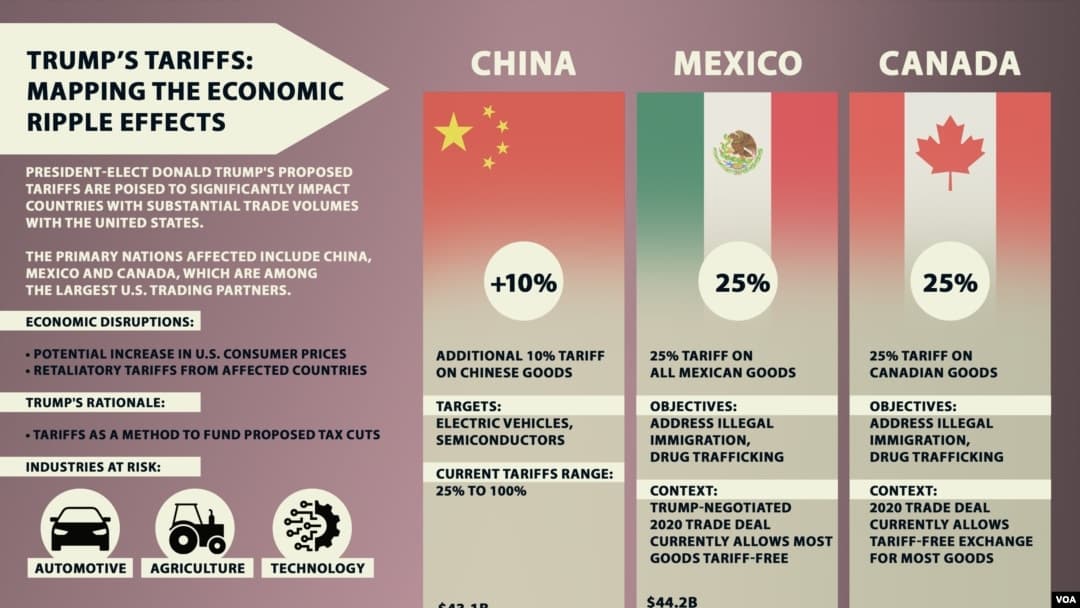
Crypto and Ecommerce: The Future is Coming, But Not Here Yet
Wix Store entrepreneurs! Have you been keeping up with the wild ride that is Bitcoin? It's on the cusp of hitting a mind-blowing $100k, and yet, despite all the hype, cryptocurrency is still not the go-to choice for online shopping. What gives?
The Dream of Web 3.0
Imagine a world where you can buy your next pair of shoes or that quirky coffee mug with Bitcoin or any other crypto. That's the dream of Web 3.0, where decentralized applications (dApps) powered by blockchain technology will revolutionize how we transact online. But as of now, it's more like a tech utopia we're all still trying to reach.
Current State of Affairs
Let's get real. While crypto has made some inroads, it's not exactly a seamless experience. Here are some advancements we've seen:
-
Payment Gateways: Companies like BitPay and Coinbase Commerce are making it easier for merchants to accept crypto payments. But they still require conversion to fiat currencies to manage cash flow.
-
Smart Contracts: Ethereum's smart contracts offer a glimpse into what's possible, allowing for automatic execution of agreements between buyers and sellers. Yet, they're complex and not user-friendly for the average consumer.
-
NFTs (Non-Fungible Tokens): These have taken the art and collectibles world by storm, showing that crypto can represent ownership of unique digital items. However, integrating NFTs into everyday ecommerce is still a niche.
What's Holding Us Back?
The barriers are numerous:
- Volatility: Crypto prices can swing wildly, making it a risky proposition for both merchants and consumers.
- Scalability: Blockchain networks struggle with high transaction volumes, leading to slow and expensive transactions.
- User Experience: The average Joe or Jane doesn't want to deal with crypto wallets, private keys, and gas fees just to buy a t-shirt.
Are We There Yet?
Not even close, but we're on the journey. Here's what it might take to get there:
- Stablecoins: Cryptocurrencies pegged to real-world assets could reduce volatility, making them more practical for everyday use.
- Layer 2 Solutions: Technologies like the Lightning Network for Bitcoin aim to increase transaction speeds and reduce costs.
- Regulation: Clear, supportive regulations could encourage more widespread adoption.
- Education: Widespread understanding of how to use and manage crypto is crucial.
Is It Just a Bubble?
There's a lot of skepticism. Some see crypto as the next big financial revolution, while others view it as a speculative bubble waiting to burst. Here's the deal:
-
Currency of Exchange: For crypto to be truly used as a currency, it needs to be stable, widely accepted, and easy to use. We're not there, but steps are being taken.
-
Store of Value: Bitcoin's narrative has shifted towards being a digital gold, a store of value rather than a daily transaction currency. This might be where crypto finds its footing first.
Conclusion
The future intersection of crypto and ecommerce is tantalizingly close yet frustratingly out of reach. While we're not there yet, the advancements in payment gateways, smart contracts, and NFTs are paving the way. It's not a bubble if the technology has real-world applications, but it will require a lot more work to become as seamless as our current payment systems.
So, Wix Store entrepreneurs, keep your eyes peeled. The crypto-ecommerce revolution is coming, but for now, let's focus on making our current stores as engaging and user-friendly as possible. The future might just be a blockchain away!
Related Articles

10 Digital Products You Can Sell on Wix to Build a Thriving Online Business
Discover the diverse range of digital products and services you can sell through Wix's e-commerce platform. From online courses to mobile apps, learn how creato...

2018 vs 2025 - Comparing Trump's Tariffs and What It Means For E-Commerce Business
Trump’s tariffs – both the 2018 measures and especially the broader 2025 proposals – have significant implications for eCommerce business owners. This is partic...

2024 E-commerce Platform Pricing Comparison: Find the Most Affordable Solution
Looking for the most budget-friendly e-commerce platform? We've compiled a comprehensive comparison of pricing across all major e-commerce platforms, including ...